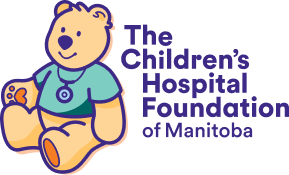
TOTAL FUNDS RECEIVED TO DATE
$883,215
943
Assessments
30
People trained
487
Patients served
Program overview
The COVID-19 pandemic imposed serious mental health burdens on children and youth, exacerbated by family conflict, parenting stress, and intergenerational mental health problems. Health system burdens have also negatively impacted chronic disease management for children and youth, exacerbating the mental health effects that often accompany other illnesses. In response, the Children’s Hospital Research Institute of Manitoba developed the PRIME research theme dedicated to childhood mental health and wellness.
PRIME: Promoting Innovation in Mental Health through eHealth Excellence
Launched in 2022, PRIME is enabling researchers to develop and study eHealth models focused on delivering more timely access to care and support for a range of groups, such as neurodiverse youth and young people experiencing intersections of mental illness and other issues such as disability, chronic illnesses, or systemic racism.
How Family of Support Funding Has Helped
PRIME is funded entirely by Family of Support, and has been made possible in large part by the generosity of the The Sobey Foundation and Empire Company Limited. In particular funding has:
- Allowed PRIME to better understand existing barriers to accessing mental health services
- Shed light on the community’s experience with eHealth therapeutics for child, youth, and family mental health.


